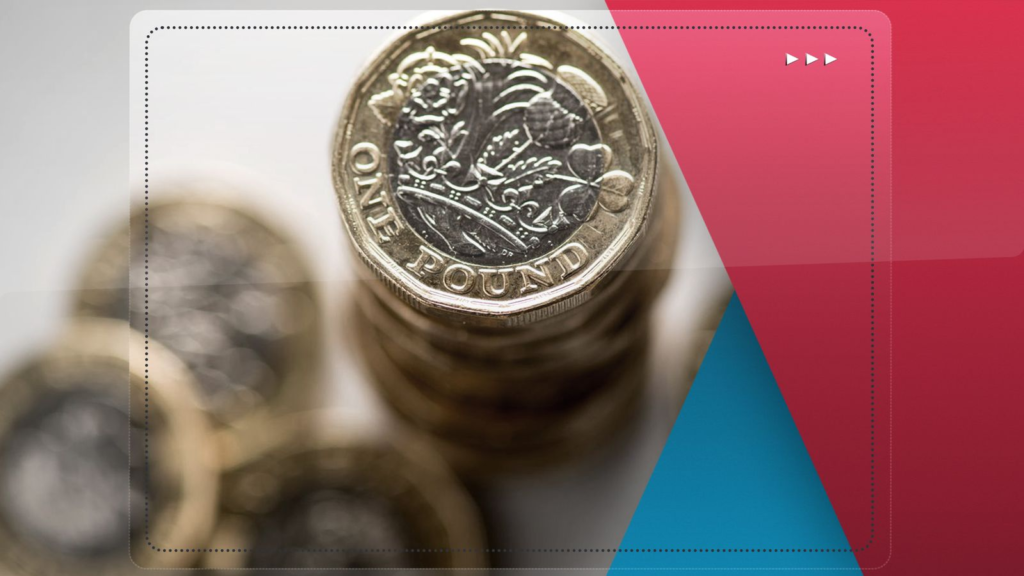Feeling confused about what the budget is and what’s going to be in it? Here’s all you need to know about the nuts and bolts of the financial statement, when it will be and what could be in it.
Sky News reporter @jos_franks
Wednesday 15 March 2023 10:22, UK
Chancellor Jeremy Hunt is preparing to deliver his spring budget, his second statement since taking the job.
Here’s all you need to know about when it will be and what it might contain.
When is the budget?
The budget will take place on 15 March 2023.
What time does it all kick off?
Chancellor Jeremy Hunt will deliver the budget statement in the House of Commons.
The announcement usually starts at 12.30pm – directly after Prime Minister’s Questions – and lasts about an hour.
Labour leader Sir Keir Starmer will give his response as soon as the speech is over.
Before the announcement, the chancellor poses for the press with the red despatch box containing the budget papers.
After the speech, the Office for Budget Responsibility (OBR) will publish a report outlining how the economy is doing and its forecasts.
What is included in the budget?
The budget will lay out the government’s plans for raising and lowering taxes.
The chancellor will also speak on government plans for public spending, including on schools, health and defence.
What are the predictions for what will be in this budget?
It will come as no surprise that energy prices are likely to be high on the budget agenda.
Support for energy bills from the government is expected to continue for three months from April.
Sky News understands the chancellor will cancel a reduction in support that would have seen typical annual bills rise from £2,500 to £3,000.
But drivers could face a hike at the pump. In November, a forecast from the Office for Budget Responsibility said 12p a litre would be added to pump prices in the spring if the government did not act.
That led to calls for the chancellor to commit to a further freeze of fuel duty – the budget announcement could reveal whether those calls worked.
What the chancellor says about defence spending will be watched closely.
The former prime minister Liz Truss had pledged to lift the defence budget from 2.5% to 3% of GDP by the end of the decade, but Rishi Sunak has made no such commitment.
Defence Secretary Ben Wallace is thought to have been pushing for up to £11bn extra over the next two years but may receive less than half of that amount in the budget.
Public sector pay, childcare support and corporation tax are all hot topics that could see announcements in Wednesday’s budget.
What happens after the budget announcement?
After the budget comes four days of debate, each day covering a different policy area.
The shadow chancellor gives their response the day after the budget.
At the end of the final day of debate, the House is asked to agree the budget resolutions, which are the specific proposals for taxation.
Budget resolutions can come into effect immediately if the House of Commons agrees to them, but they need to be laid out in the Finance Bill to give them permanent legal effect.
Why is there a budget every year?
There needs to be a budget in every financial year because income tax and corporation tax are annual taxes which have to be renewed by legislation each year.
Please use Chrome browser for a more accessible video player
What’s the difference between the autumn and spring statements?
In 2017 the government introduced a change that was supposed to mean the budget would take place in autumn, and a spring statement would be delivered shortly before the start of the financial year on 6 April.
This was to ensure the UK had a “single major fiscal event” each year, in line with other countries.
The idea is that the autumn budget is the main event, addressing taxation policy, while the spring statement provides an update on the state of the economy.
However, since 2019 the timing has been thrown off – first by the 2019 general election and then by the COVID-19 pandemic.
Be the first to get Breaking News
Install the Sky News app for free
The budget planned for November 2019 was deferred to March 2020.
Then after the chancellor presented three economic statements over 2020, the autumn budget was postponed to March 2021.
An autumn budget and spring statement happened as planned in October 2021 and March 2022, before then-chancellor Kwasi Kwarteng’s mini-budget in September 2022 caused economic turmoil.
Mr Kwarteng was sacked and much of what was in the mini-budget was scrapped.
After taking over as chancellor, Mr Hunt set out a further series of tax and spending decisions in the autumn statement and subsequently announced the next budget would be on 15 March 2023.
Where does the word ‘budget’ come from?
The word “budget” comes from an old French word “bougette” which means “little bag”.
It was customary to bring the statement on financial policy to the House of Commons in a leather bag, the precursor to the red briefcase.


